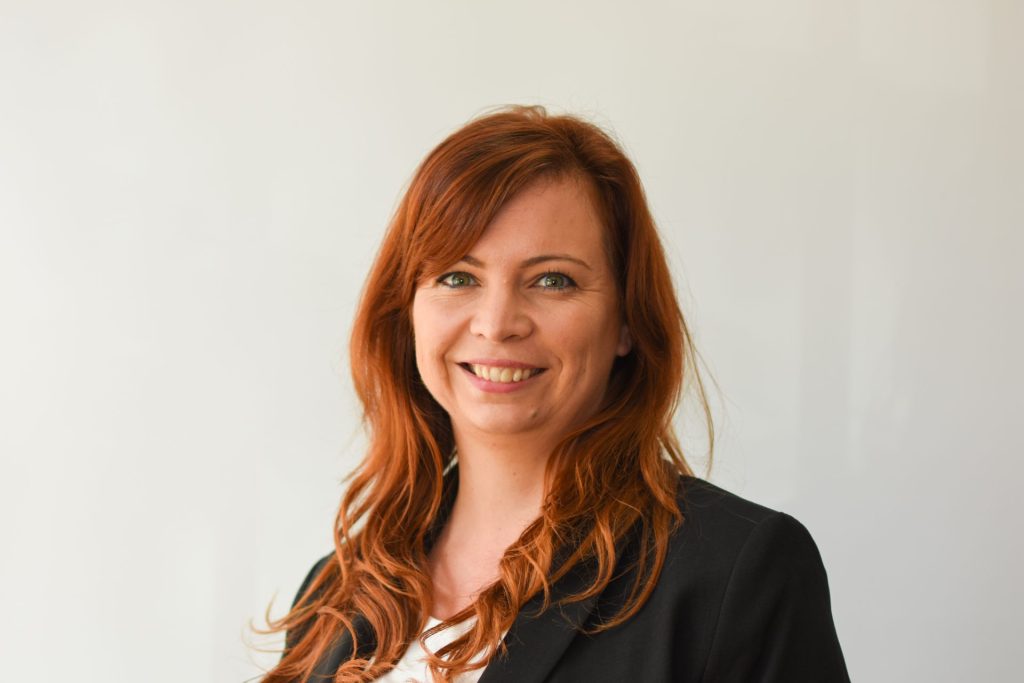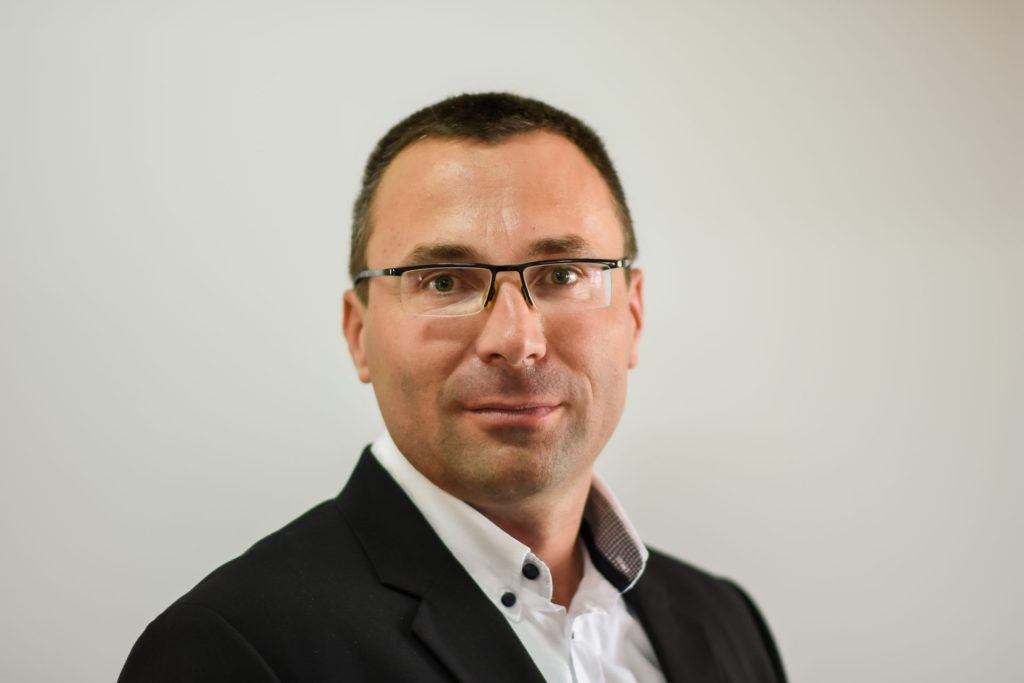The circular economy model in the operation of an organization
Who do we offer this training to?
The aim of the training is to provide corporate and institutional decision-makers with the knowledge related to the circular economy model. The course summarizes in a complex way the most important theoretical and practical issues of today’s shaping topic.
The combination of 21st-century technological solutions and theoretical knowledge makes it possible for market players to enforce the economic, social and environmental aspects of the diverse concept of sustainability. The circular economy model provides a clear and understandable framework for this task.
Number of hours: 3 x 5 hours
5 hours: Introduction to the theory of Circular Economy (online)
5 hours: Branches of Circular Economy (online)
5 hours: The circular economy model in the operation of an organization (in person)
For the tuition fee and group discounts write to: pr@pen.uni-pannon.hu
We organize the training adjusting it flexibly to the needs of the participants.
Teachers

Nóra Mezőfi – assistant research fellow
University of Pannonia Nagykanizsa – University Center for Circular Economy, Institute of Applied Management Sciences
In her PhD research she examines the opportunities and challenges of sustainability and the circular economy model change in the corporate sector, including small and medium-sized enterprises. In addition to her university activities, she works as a business development consultant also in the SME sector.

Dr Kornél Németh – associate professor, Head of Institute
University of Pannonia Nagykanizsa – University Center for Circular Economy, Institute of Applied Management Sciences
His research focuses on the broad interpretation of sustainability, circular economy and eco-innovation, especially on rural regions and cities, the role of smaller settlements and the answers to today’s challenges. In his works he explores the complex relationship of social, economic and environmental factors, keeping in mind local interests and values.
